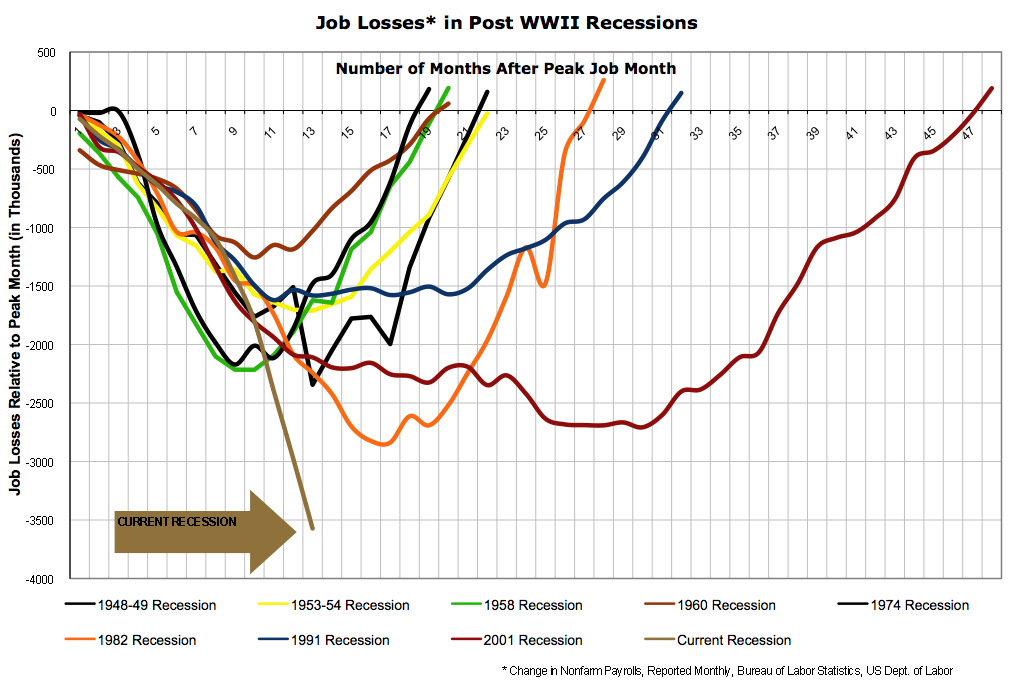N. Gregory Mankiw (199

,
Principles of Economics (New York: Dryden: 0030982383).
Thinking Like an Economist: Why Economists Disagree: Charlatans and Cranks:
pp. 29-30: An example of fad economics occurred in 1980, when a small group fo economists advised presidential candidate Ronald Reagan that an across-the-board cut in income tax rates would raise tax revenue. They argued that if people could keep a higher fraction of their income, people would work harder to earn more income. Even though tax rates would be lower, income would raise by so much, they claimed, that tax revenue would rise. Almost all professional economists, including most of those who supported Reagan's proposal to cut taxes, viewed this outcome as too optimistic. Lower tax rates might encourage people to work harder, and this extra effort would offset the direct effects of lower tax rates to some extent. But there was no credible evidence that work effort would rise by enough to caues tax revenues to rise in the face of lower tax rates. George Bush, also a presidential candidate in 1980, agreed with most of the professional economists: He called this idea "voodoo economics." Nonetheless, the argument was appealing to Reagan, and it shaped the 1980 presidential campaign and the economic policies of the 1980s.... Congress passes the cut in tax rates... but the tax cut did not cause tax revenue to rise... tax revenue fell... government began a long period of deficit spending... largest peacetime increase in the government debt in U.S. history. Fads can make experts seem less united than the actually are... when the economics profession appears in disarry, you should ask whether the disagreement is real or manufactured... [by] some snake-oil salesman who is trying to sell a miracle cure...
Lyle.
People who have endorsed the Republican House caucus's objections to the stimulus package:
Donald Luskin, Chief Investment Officer, Trend Macrolytics LLC, Stupidest Man Alive EmeritusTM: "Government spending does not create incentives for labor, innovation and investment. Instead of spending $1 trillion in Washington, let Washington forgive $1 trillion in tax revenues to create incentives for millions of individuals and firms to get the economy going again, one dollar at a time."
People who have not the Republican House caucus's objections to the stimulus package:
Eddie Lazear, Chair, President's Council of Economic Advisers (George W. Bush)
Matthew Slaughter, Member, President's Council of Economic Advisers (George W. Bush)
Katherine Baicker, Member, President's Council of Economic Advisers (George W. Bush)
Ben Bernanke, Chair, President's Council of Economic Advisers (George W. Bush)
Harvey Rosen, Chair, President's Council of Economic Advisers (George W. Bush)
Kristen Forbes, Member, President's Council of Economic Advisers (George W. Bush)
N. Gregory Mankiw, Chair, President's Council of Economic Advisers (George W. Bush)
Randall Kroszner, Member, President's Council of Economic Advisers (George W. Bush)
Mark McClellan, Member, President's Council of Economic Advisers (George W. Bush)
R. Glenn Hubbard, Chair, President's Council of Economic Advisers (George W. Bush)
Paul Wonnacott, Member, President's Council of Economic Advisers (George H. W. Bush)
Richard Schmalensee, Member, President's Council of Economic Advisers (George H. W. Bush)
John Taylor, Member, President's Council of Economic Advisers (George H. W. Bush)
Michael Boskin, Chair, President's Council of Economic Advisers (George H. W. Bush)
Michael Mussa, Member, President's Council of Economic Advisers (Ronald Reagan)
Thomas Moore, Member, President's Council of Economic n SpriyAdvisers (Ronald Reagan)
Beryl Sprinkel, Chair, President's Council of Economic Advisers (Ronald Reagan)
William Poole, Member, President's Council of Economic Advisers (Ronald Reagan)
Martin Feldstein, Chair, President's Council of Economic Advisers (Ronald Reagan)
Jerry Jordan, Member, President's Council of Economic Advisers (Ronald Reagan)
William Niskanen, Member, President's Council of Economic Advisers (Ronald Reagan)
Murray Weidenbaum, Chair, President's Council of Economic Advisers (Ronald Reagan)
Burton Malkiel, Member, President's Council of Economic Advisers (Gerald Ford)
Paul MacAvoy, Member, President's Council of Economic Advisers (Gerald Ford)
Alan Greenspan, Chair, President's Council of Economic Advisers (Gerald Ford)
Gary Seevers, Member, President's Council of Economic Advisers (Gerald Ford)
Marina von Neumann Whitman, Member, President's Council of Economic Advisers (Richard Nixon)
Paul McCracken, Member, President's Council of Economic Advisers (Richard Nixon)
In fact, no current or former member of the President's Council of Economic Advisers-- Democrat or Republican, living or dead, sane or insane-- has signed up for the Republican House caucus's list of economists opposed to the stimulus package.


 Thanks:
Thanks:  Likes:
Likes:  Dislikes:
Dislikes: 



 Reply With Quote
Reply With Quote
 ,
, 





 ?
?



Bookmarks